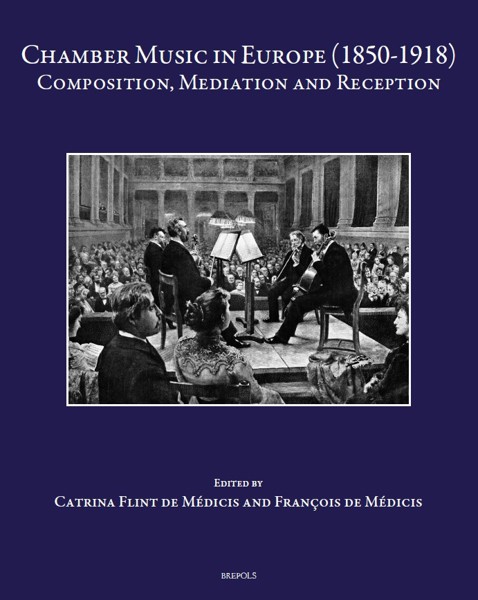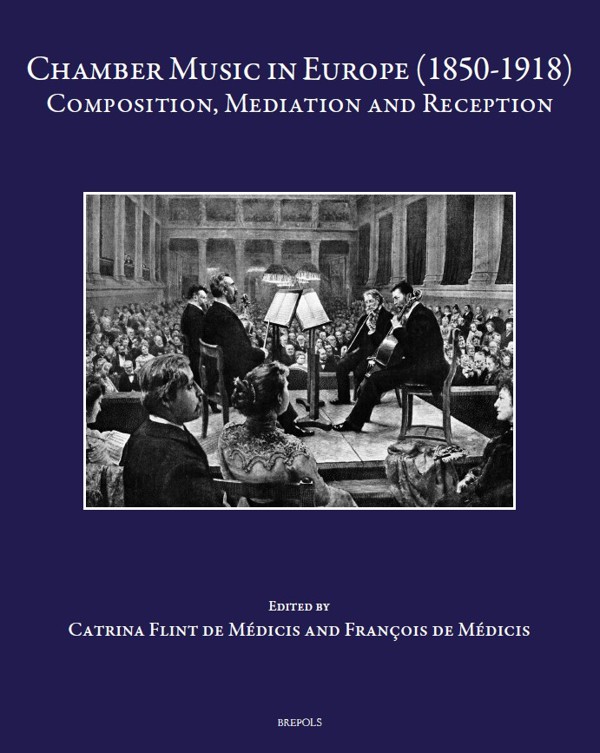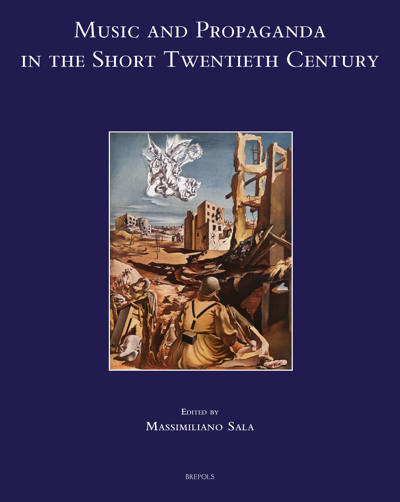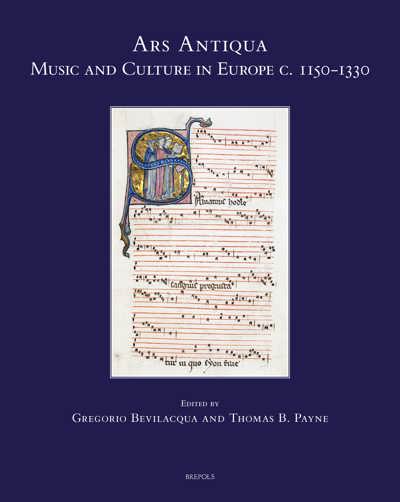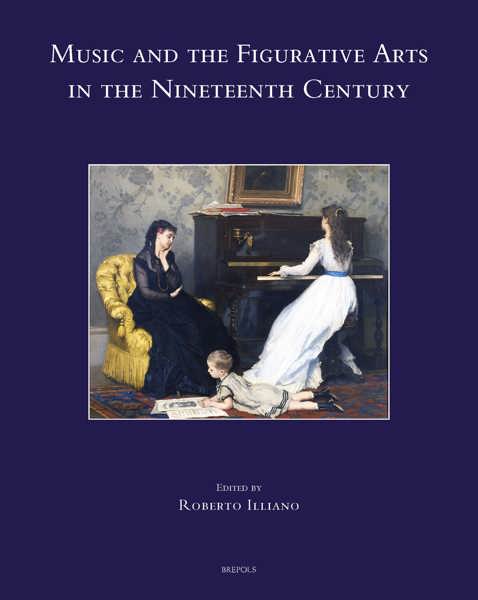
Chamber Music in Europe (1850-1918)
Composition, Mediation and Reception
Catrina Flint de Médicis, François de Médicis (eds)
- Pages: xviii + 356 p.
- Size:210 x 270 mm
- Illustrations:29 b/w, 16 tables b/w., 28 musical examples
- Language(s):English
- Publication Year:2024
- € 120,00 EXCL. VAT RETAIL PRICE
- ISBN: 978-2-503-61176-1
- Hardback
- Available
This volume aims to map the chamber music in Europe from 1850 to 1918.
Musicologist Catrina Flint de Médicis serves as a music generalist at Vanier College. Her research interests in the Parisian Schola Cantorum have recently given way to the ‘pre-cinematic’ in musical works for puppet theatre, mime, tableaux vivants, and related genres. She has contributed to Nineteenth-Century Music Review and Intersections, as well as several collected editions. In 2017 and 2023, she oversaw the restoration of works originally given at the Petit-Théâtre in Paris, a venue frequented by French Symbolists.
Professor of musicology at the Université de Montréal, François de Médicis has published articles and chapters on French and Russian music from 1880 to 1945. Author of «La maturation artistique de Debussy dans son contexte historique (1884-1902)» (Brepols 2020), he co-edited «Debussy’s Resonance» (2018) with Steven Huebner, and «Musique et modernité en France, 1900-1945» (2006) with Sylvain Caron and Michel Duchesneau. With Fabien Guilloux, he produced the critical edition of Saint-Saëns’s violin sonatas for Bärenreiter (2021).
This volume invites its readers into the highly varied world of chamber music composition, performance, and reception from England to Croatia, by way of the Czech lands, Italy, and France. It highlights ways in which the chamber music repertoire might engage in political or diplomatic issues, in chapters by Fenton, Kahan, Sà, and Thomason. The role of women in this genre of music also has a place this collection, bringing to light performances by all-women string quartets (November), and exposing the ethos of Marguerite de Saint-Marceaux’s salon (Perrault). Societies devoted to works in this genre flourished throughout Europe during the time period in questions: here authors reflect on the workings of these groups and the nature of their performances in Prague (Bunzel) and Zagreb (Katalinić). Cultural transfer also has its place in these pages, across the English channel with Reiβfelder’s work on French chamber music composers in England, and from center to periphery in Branda’s exploration of Dvořák’s ‘Farewell’ tour. No volume on that most intimate of Romantic genres would be complete without a deep dive into musical style. Style, structure, and the Beethovenian legacy come to a head in two, in-depth studies of Franck’s chamber music (de Médicis and Strucken-Paland) while questions of a ‘late’ or ‘mature’ compositional style — a sacrosanct ideal connected to Beethoven — a re held up for scrutiny in the music of Saint-Saëns (Deruchie) and Dvořák (Campo-Bowen).
François de Médicis and Catrina Flint de Médicis
Introduction
Within, Around and Beyond the ‘Beethovenian’
Christopher Campo-Bowen
Antonín Dvořák’s String Quartets Opp. 105 and 106 and the Question of Late Style
Andrew Deruchie
Saint-Saëns’s Second String Quartet and the Art of Composing ‘Oldly’
Christiane Strucken-Paland
César Franck: The String Quartet at the Nexus of Tradition and Innovation
François de Médicis
The Franck Quintet: Dramatic Character, Style, and Relationship to the Beethoven Instrumental Tradition
Nancy November
Challenging Tradition: All-Female String Quartets of the Late Nineteenth and Early Twentieth Centuries
Private and Public: Blurring the Boundaries
Sylvia Kahan
Reportage of Chamber Music in the Paris Daily Papers, 1860-1914
Isabelle Perreault
Constructing and Re-Mediating the Ethos of a Music Lover: The Case of Marguerite de Saint-Marceaux
Kathryn M. Fenton
The Musical Art Quartet, Alice Warder Garrett, and American Musical Diplomacy in the Early Twentieth Century
Chamber Music and Nationhood
Eva Branda
Evaluating Dvořák’s ‘Niche’: The 1892 Farewell Tour, the Dumky Piano Trio Op. 90, and Perceptions of Dvořák as Chamber Music Composer
Anja Bunzel
Czech Song, Jan Ludevít Procházka, and the Salonesque Musical Entertainments in 1870s Prague
Vjera Katalinić
«Die edelste und küstlerischeste aller Kunstformen»: The Committee for the Promotion of Chamber Music — A fin-de-siècle Initiative in Zagreb
Hélder Sá
Chamber Music 1850-1918: Violin and Chamber Music in Lisbon in the Early Days of the Republic
National Identities and Cultural Transfer
David Reißfelder
Modern French Chamber Music in Britain and César Franck
Geoff Thomason
Chamber Concerts for Champagne Socialists: Quartets and Contradictions at Manchester’s Ancoats Brotherhood at the End of the Long Nineteenth Century
Abstracts and Biographies
Index of Names
